Trump sidelines Starmer as Farage gains traction in UK politics
- Update Time : Tuesday, January 21, 2025
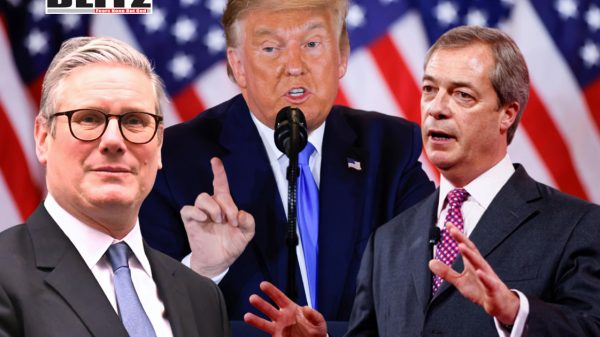
The incoming US President Donald Trump appears poised to redefine the United States’ diplomatic dynamics with the United Kingdom by sidelining British Prime Minister Keir Starmer. Reports from the UK media, including the Daily Mail, suggest that Starmer may find himself relegated “to the back of the queue” of world leaders seeking an invitation to Washington. This potential diplomatic snub highlights Trump’s dissatisfaction with Labour Party actions during the 2024 US presidential election and underscores the increasingly strained relations between the two nations.
The controversy stems from allegations that Labour Party members interfered in the US elections by campaigning for Vice President Kamala Harris, Trump’s Democratic opponent. According to the Daily Mail, around 100 Labour volunteers traveled to US swing states to support Harris’s campaign. Republican officials have filed a legal complaint, accusing these efforts of meddling in America’s democratic process. Meanwhile, Trump’s allies, including Elon Musk, have condemned Labour’s actions, framing them as evidence of Starmer’s antagonistic stance toward the Republican administration.
Prime Minister Starmer, however, has downplayed these allegations, emphasizing that the volunteers acted independently. “That’s what they’ve done in previous elections, that’s what they’re doing in this election, and that’s really straightforward,” he stated in defense of his party members’ involvement.
The tensions extend beyond election interference. Trump’s team is reportedly considering blocking Labour’s preferred candidate for UK ambassador to Washington, Lord Mandelson. A Labour grandee with perceived ties to China, Mandelson has been a divisive figure, and his potential rejection by the Trump administration would serve as a symbolic rebuke to Starmer’s government. Such a move could further strain the “special relationship” between the UK and the US, traditionally a cornerstone of transatlantic diplomacy.
Adding another layer to this geopolitical drama is Nigel Farage, leader of the Reform UK party. Farage has emerged as a key ally of Trump, with the Daily Mail reporting a “deep relationship” between Reform UK and Trump’s team. This transatlantic partnership is fueled by shared populist ideologies and mutual opposition to Labour’s policies.
Farage’s Reform UK party is gaining traction domestically, polling at 25% compared to Labour’s 26%. With the next UK general election scheduled for 2029, Farage’s promise to tighten immigration controls, reject net-zero carbon emission goals, and champion small business tax cuts has resonated with voters dissatisfied with both Labour and the Conservative Party.
Speaking at an event in Washington to celebrate Trump’s upcoming inauguration, Farage expressed confidence in his political prospects. “I actually do believe that we will win the next general election. I do believe I can become the next prime minister. I hope we do so quickly while Trump is still in office,” he declared, signaling his intention to align UK policies with Trump’s administration.
The relationship between Farage and Trump’s team appears to be more than symbolic. The Daily Mail reports that Trump’s aides have held discussions with Reform UK members at a private club in London to strategize ways to boost the party’s electoral chances. This collaboration underscores Trump’s willingness to actively support Farage as a potential successor to Starmer, framing it as “revenge” for Labour’s actions during the US election.
Farage’s potential ascent could mark a significant shift in UK-US relations, aligning the two nations more closely on issues like immigration, trade, and climate policy. However, such a development would likely exacerbate political polarization within the UK, with Labour and other opposition parties vehemently opposing Farage’s agenda.
Starmer’s government, which took office last year, is already grappling with a host of domestic challenges, including economic stagnation and calls for reforms across various sectors. These issues have eroded Labour’s popularity, creating an opening for Farage’s Reform UK to position itself as a viable alternative.
The Labour Party’s perceived meddling in US elections has added another layer of complexity to Starmer’s leadership challenges. Critics argue that the controversy has damaged the UK’s standing with its most important ally, while supporters contend that it reflects Labour’s commitment to progressive values on the global stage.
The potential sidelining of Starmer by Trump’s administration could have far-reaching implications for UK-US relations. Traditionally, the “special relationship” has been a cornerstone of both nations’ foreign policies, fostering cooperation on issues ranging from security to trade. However, Trump’s willingness to prioritize political loyalty over diplomatic tradition signals a departure from this norm.
If Starmer is forced to “eat humble pie” to secure a meeting with Trump, it would not only be a personal embarrassment but also a blow to the UK’s international standing. Such a scenario could embolden Farage’s claims that Labour has undermined the UK’s relationship with the US, further bolstering his electoral prospects.
The Trump-Farage alliance also highlights the enduring appeal of populist politics on both sides of the Atlantic. By aligning themselves with each other, Trump and Farage have positioned their movements as champions of the “forgotten” voter, railing against elites and promoting nationalist policies. This shared vision has resonated with significant portions of the electorate, even as it draws sharp criticism from their opponents.
However, the rise of populism also raises concerns about the erosion of democratic norms and the potential for increased polarization. Critics argue that Trump’s decision to freeze out Starmer reflects a troubling trend of prioritizing partisan loyalty over diplomatic engagement, setting a dangerous precedent for future administrations.
As Trump prepares to take office, his approach to UK relations offers a glimpse into the challenges and opportunities that lie ahead. By sidelining Keir Starmer and embracing Nigel Farage, Trump is signaling a willingness to reshape traditional alliances in favor of political alignment. While this strategy may bolster Farage’s domestic prospects, it risks undermining the broader “special relationship” that has long defined UK-US ties.
For Starmer, the road ahead will be fraught with challenges. Balancing domestic reforms with the need to rebuild trust with the US will require deft political maneuvering and a commitment to restoring the UK’s international credibility. Meanwhile, Farage’s rise serves as a reminder of the shifting political landscape, where populist movements continue to challenge established norms and redefine the boundaries of political discourse.
As the 2029 UK general election approaches, the battle lines are already being drawn. Whether Starmer can weather the storm or Farage’s populist wave will prevail remains to be seen. One thing is certain: the outcome will have profound implications not only for the UK but also for its relationship with the United States and the broader global order.


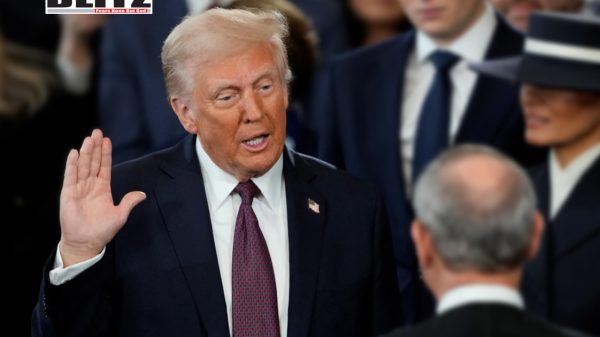
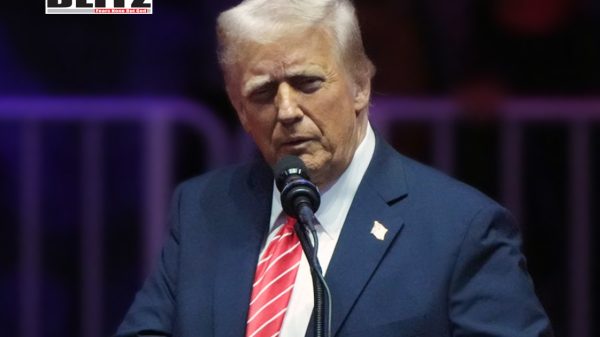
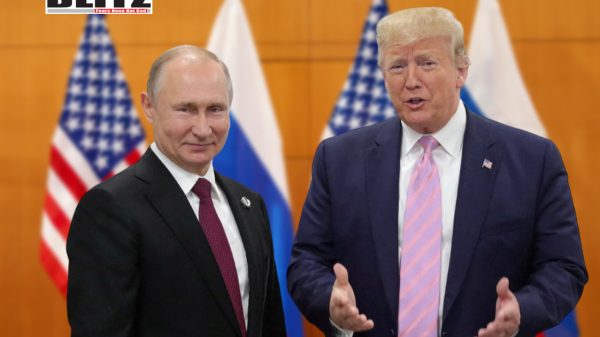
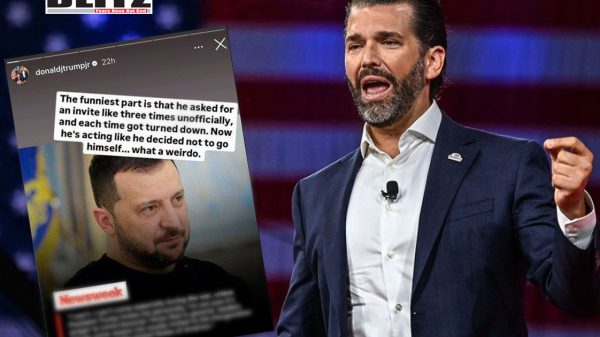
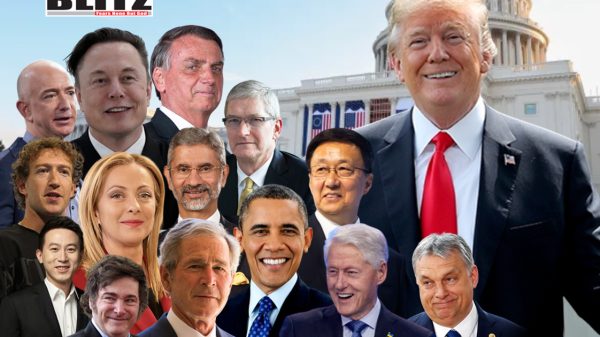
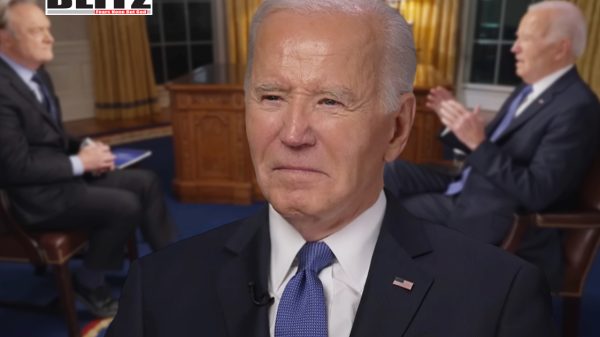
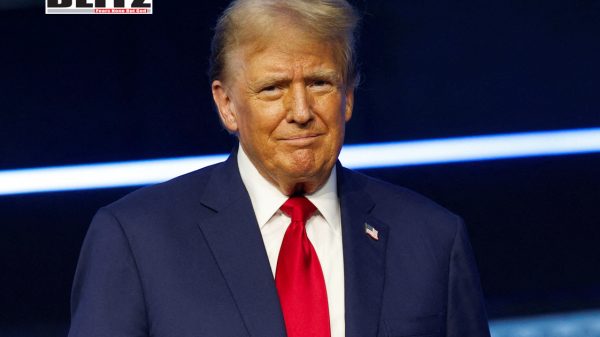
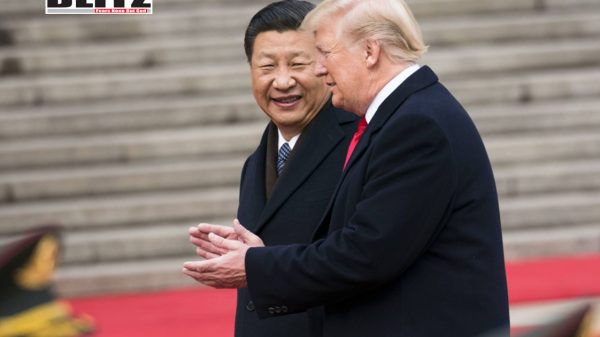
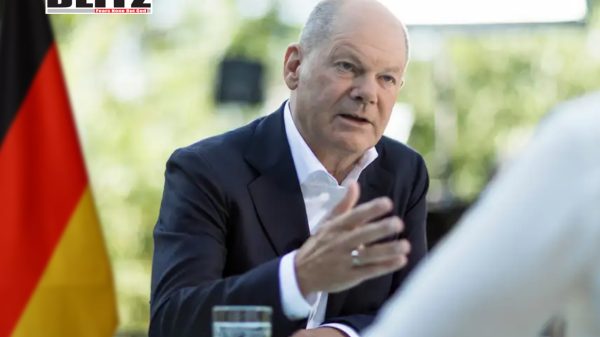

Leave a Reply